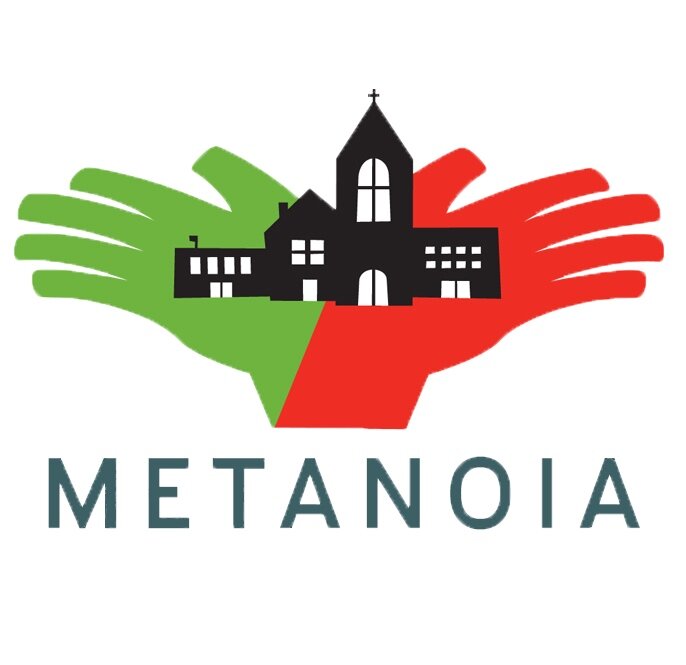JUNETEENTH: RACE, HISTORY, AND OUR WORK AT METANOIA
By: Alexandria Searles, Marketing Specialist
Alexandria works in Metanoia's Marketing Department. She was part of the Metanoia family for three years before as a MYLA partner, teaching art and dance.
We pause this weekend to celebrate Juneteenth, a celebration of the moment when enslaved people in Texas were finally freed as the result of the Emancipation Proclamation being issued more than two years earlier. Recently, I’ve been thinking about holidays like Juneteenth, Memorial Day and this month’s celebration of Black Music Month. I’m contemplating how the way we treat the history of these holidays and memorials is a reflection on how we often treat Black people in our nation. At the intersection of race and history is the indifference to the contributions of black people to our nation and the world.
The first Memorial Day was a celebration of formerly enslaved people showing appreciation to Union Soldiers in the area we now know as Hampton Park in Charleston. Yet so few Americans know this history and I was not taught it myself growing up in South Carolina. In the 1970s, the Administration of Jimmy Carter named June Black Music Month. Black Music Month and Juneteenth are nationally recognized holidays, but they are not nationally celebrated. Black music has culturally influenced the world, but it is barely recognized during the month of its celebration?
Our indifference to the positive contributions of a group of people allows us to exercise our negative ideas about them without considering their circumstances. The way we treat Black contributions to history directly correlates with how we treat Black people today. This idea of active indifference ignores the assets of Black communities while over-identifying them as "bad." It allows us to label and disregard people that are experiencing the negative implications of systemic racism. But it is the same stereotyped people who, despite the circumstances, have made a remarkably positive impact on the world.
I wonder on this Juneteenth whether the persistence of seeing Black communities in such a negative light puts us in a kind of mental slavery, where we confine people and limit their potential based on their prior circumstances? Students living in the community Metanoia serves attend poor-performing schools at every level and we are spending more money as a society incarcerating residents of this community than we are creating opportunities for them. Yet often we seem indifferent to the circumstances that allow for extreme poverty in neighborhoods like ours.
Juneteenth is a celebration of the last slaves being freed in Texas. Juneteenth is the embodiment of the phrase "until we are all free, no one is." We celebrate Juneteenth because the last of our sisters and brothers were finally freed with the rest of us.
When we acknowledge and stop ignoring the assets of people, understand their circumstances without indifference, we can have a clearer and more true understanding of our common humanity. We can learn to empathize with each other and become a greater society together. When we all understand that we are not free until everyone is, then the real work begins.
How do we do try to build understanding, and engage in this “real work” at Metanoia?
We listen. The quiet act of listening is deeply rooted in the origins of Metanoia. In our initial year, the only action taken was one of hearing the community and understanding problems and potential.
Next, we include. Every facet of our work at Metanoia involves the community in some form. We believe that the community are the experts of their own problems and participants in its solutions.
Finally, we provide opportunities. No one gets anywhere without someone giving them a chance or an opportunity; at Metanoia, we strive to make connections and build bridges so that more opportunities can flow into the community. Happy Juneteenth!
Alexandria Searles is also a local artist. Learn more about her artwork and impact here!

